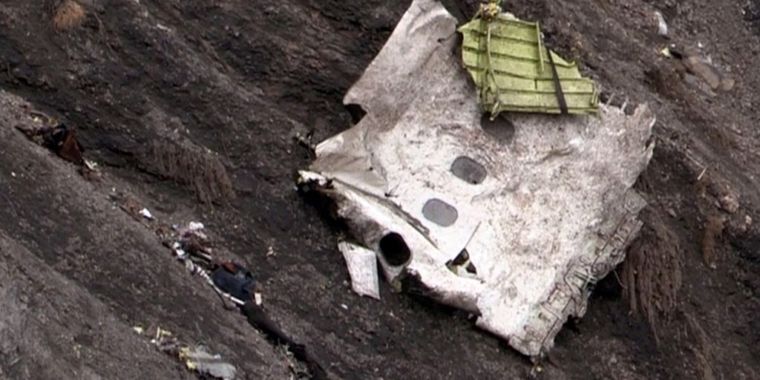
A US woman has died from an infection that was resistant to all 26 available antibiotics, health officials said this week, raising new concerns about the rise of dangerous superbugs.

Through warming effects, methane and other gases impact rising seas long after leaving the atmosphere

Several schools in northern China are installing huge domes where children can play and exercise during recess to protect them from the smog outside.

The frequency of large-scale tornado outbreaks is increasing in the United States, particularly when it comes to the most extreme events, according to new research.

This is the first time such a ban has been carried out in Spain. It’s part of a new set of anti-pollution measures crafted by leftist groups since 2015, the third highest level out of four.

In 2012, the estimated amount of food waste in the EU was 88 million tonnes. This equates to 173 kilograms of food waste per person, and it means that we are wasting about 20 percent of the total food produced.

Geoengineering is one of those things that sounds like maybe a good idea on paper but could also go horribly wrong.

Nigerian customs seized 2.75 tons of "plastic rice," a realistic-looking fake food product that could have caused untold public health issues.

In unprecedented detail, lifespan gap shown to be large and growing rapidly.

In an anonymous survey given to nearly 3,500 pilots by Harvard researchers, only 1,848 were willing to answer mental health questions. But of those that did 12.6 percent met the criteria for clinical depression and four percent reported having suicidal thoughts.

A new report by the US Environmental Protection Agency concludes that hydraulic fracturing is capable of contaminating drinking water at virtually every stage in the process.

The National Oceanic and Atmospheric Administration just released its annual "Arctic Report Card," a comprehensive overview of what's happening at our planet's North Pole.

Methane is many times more potent than carbon dioxide, but it's also more difficult to capture.

Six scientists from the National Center for Atmospheric Research found extreme rain storms in America could increase by 400% due to climate change.

Over the past thirty years, the number of giraffes on Earth has dropped 38 percent. Based on this depressing find, the IUCN has updated the giraffe’s red list status from “least concern” to “vulnerable.”